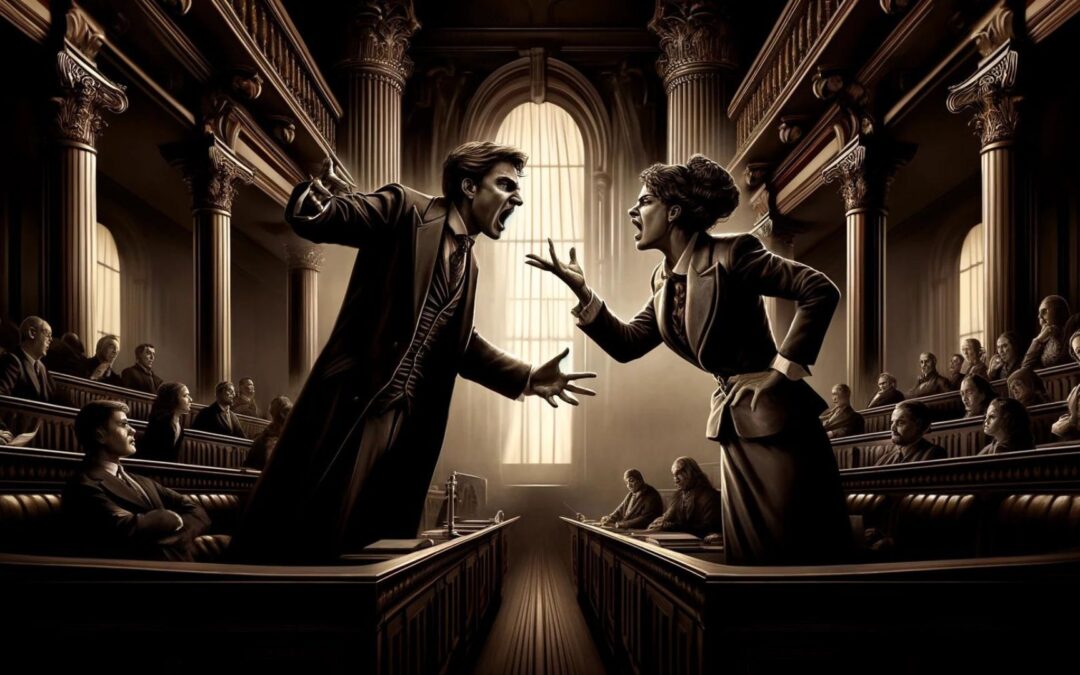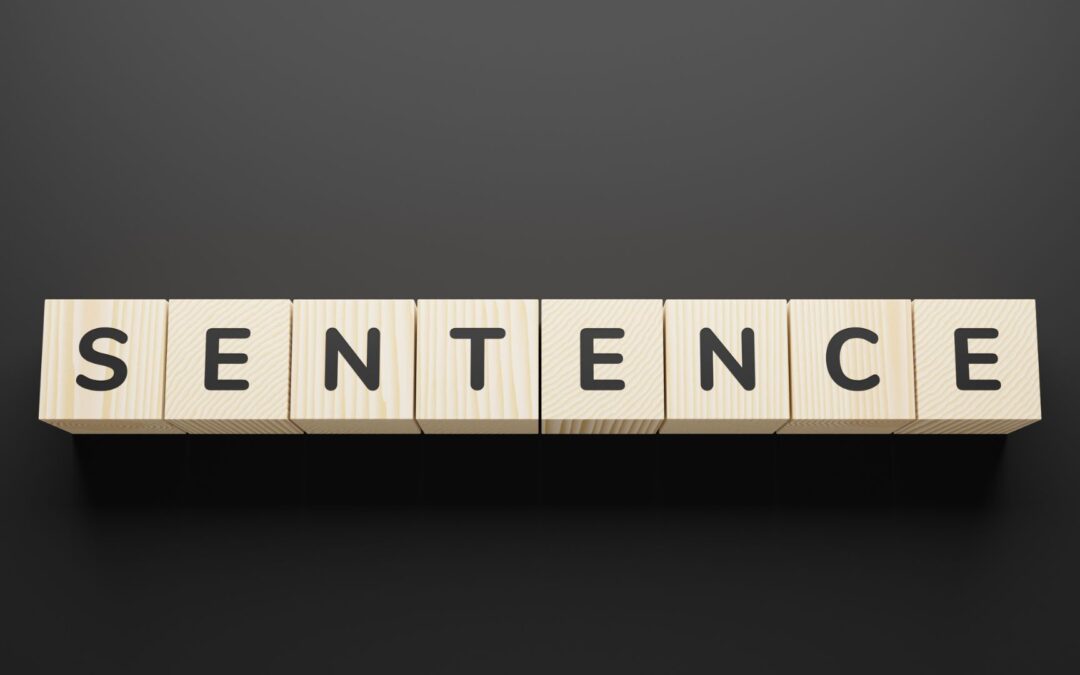Practice
Flashcards
Learn
Match
Spell
Test
Practice Worksheet
PDF Download Link
Transcript
Earthquake!
Anyone who has experienced an earthquake will never forget it. The first reaction to the sudden, violent shaking is usually confusion. Then as plates tumble from shelves and crash to the floor and lights overhead begin to sway, one begins to comprehend what is happening. Earthquake!
Even though scientists have learned a great deal about the cause of earthquakes, they remain one of the most unpredictable of all naturally occurring events. After pondering the pattern of earthquakes over long periods of time, scientists do know that earthquakes are not simply random events. Instead, they generally happen along what are referred to as fault lines. They also know that certain areas of the earth are more likely to produce earthquakes than others.
The outer layer of the earth, called the crust, is not one large, unbroken covering. It is made up of a number of huge plates. The places where these plates rub against one another are called faults. The movement of these surfaces against one another causes pressure to build until the plates suddenly slip free, jolting the earth. The progressive increase in pressure between the plates may take hundreds or even thousands of years to reach the point where the plates slip. In some cases a small tremor may foretell the arrival of a major earthquake. However, just where and when this “slipping” will occur and the severity of the jolt it will give the earth are impossible to pinpoint.
Their sudden occurrence and capacity for massive destruction have made earthquakes the cause of some of history’s greatest disasters. A 1985 earthquake in Mexico City killed 1,000 people when a hospital collapsed floor upon floor. A 1971 earthquake in Peru broke huge chunks of ice from the Andes mountains. The subsequent mudflow caused by the melting ice killed 50,000 people. The Lisbon, Portugal, earthquake of 1755 occurred while many people were attending church services. In the commotion that followed the first tremor people rushed from church, only to be crushed by the collapsing walls. About 60,000 people died in that tragedy.
comprehend
If you cannot comprehend something, you cannot understand it.
understand, see, take in, perceive
to grasp mentally; understand
ponder
If you ponder something, you think about it carefully.
think about, consider, study, reflect on
to give thorough or deep consideration (to); meditate (upon)
random
If you describe events as random, you mean that they do not seem to follow a definite plan or pattern.
A random sample or method is one in which all the people or things involved have an equal chance of being chosen.
If you choose people or things at random, you do not use any particular method, so they all have an equal chance of being chosen.
progressive
A progressive change happens gradually over a period of time.
growing, continuing, increasing, developing
Someone who is progressive or has progressive ideas has modern ideas about how things should be done, rather than traditional ones.
tremor
A tremor is a small earthquake.
If an event causes a tremor in a group or organization, it threatens to make the group or organization less strong or stable.
A tremor is a shaking of your body or voice that you cannot control.
foretell
If you foretell a future event, you predict that it will happen.
predict, forecast, prophesy, portend
to tell or indicate (an event, a result, etc) beforehand; predict
severe
You use severe to indicate that something bad or undesirable is great or intense.
strict, hard, harsh, cruel
severe punishments or criticisms are very strong or harsh.
capacity
Your capacity for something is your ability to do it, or the amount of it that you are able to do.
ability, power, strength, facility
The capacity of something such as a factory, industry, or region is the quantity of things that it can produce or deliver with the equipment or resources that are available.
subsequent
You use subsequent to describe something that happened or existed after the time or event that has just been referred to.
following, later, succeeding, after
If something happened subsequent to something else, it happened after that thing.
commotion
A commotion is a lot of noise, confusion, and excitement.
disturbance, to-do, riot, disorder
violent disturbance; upheaval












0 Comments